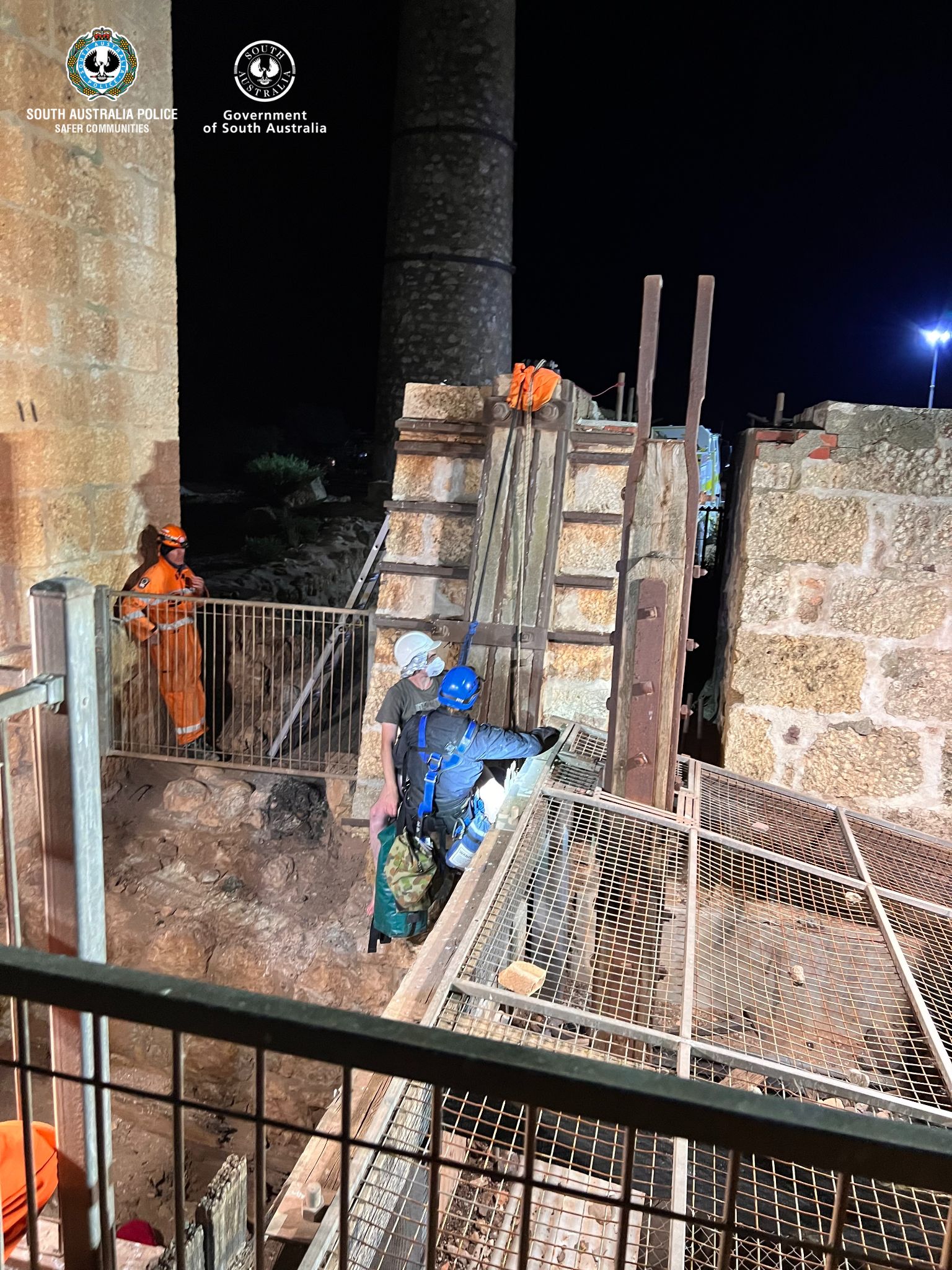- WA Telestroke initiative expanded to a 24/7 service from 31 July 2023
- Potentially life-saving service reduces the risk of disability from stroke
- Treated more than 400 Western Australians in the past 12 months
WA Telestroke is expanding its hours to become a 24-hour, seven day a week service for clinicians caring for patients with acute stroke symptoms.
Western Australian stroke specialists are now available as the first point of contact to assist emergency clinicians in the diagnosis, assessment and disposition of acute stroke and Transient Ischaemic Attack (TIA) () patients across the State.
Given the significant mortality and morbidity associated with stroke and TIA, timely diagnosis and treatment is crucial for treatment teams and good patient outcomes.
Critical new treatments for acute ischaemic stroke, including mechanical thrombectomy and thrombolysis, are likely to be further enabled by Telestroke.
The extended service effective as of 31 July is part of phase two of the $9.7 million program.
Telestroke has diagnosed and treated more than 600 stroke patients since it began in late 2021.
The expansion of the Telestroke service aligns with recommendations made in the Sustainable Health Review, which aims to create a more sustainable, equitable and efficient health system.
As stated by Health Minister Amber-Jade Sanderson:
“We know that access to timely diagnosis and expert treatment can make a huge difference to the effects of a stroke on a patient.
“The ongoing expansion of Telestroke is a critical move towards providing more equitable stroke care to all Western Australians, regardless of where they live.
“For clinicians and their patients to have access to real time advice from a stroke specialist is a game changer.
“Rapid access to acute stroke consultation and advice enables clinicians to achieve better health outcomes for their patients, especially in rural and remote communities.”
Department of Health’s WA State Stroke Director Dr Andrew Wesseldine:
“The faster a stroke is diagnosed, the faster treatment can occur, thus lowering the risk of permanent brain damage and disability. Telestroke facilitates faster diagnosis in regions where stroke specialists may not work or be readily available.
“The average number of neurons in the human forebrain is 22 billion. In patients experiencing a typical large vessel acute ischaemic stroke, 120 million neurons are lost each minute. Time really is brain.
“In conjunction with WA emergency clinicians having access to 24/7 Telestroke, it is a timely opportunity to remind all West Australians of the common signs of stroke. In short, think FAST: facial weakness, arm weakness, speech problems and time.”







